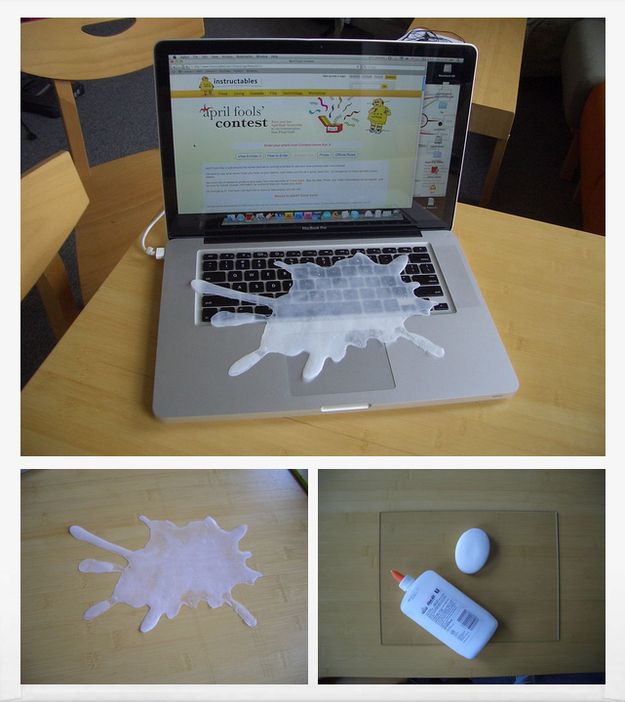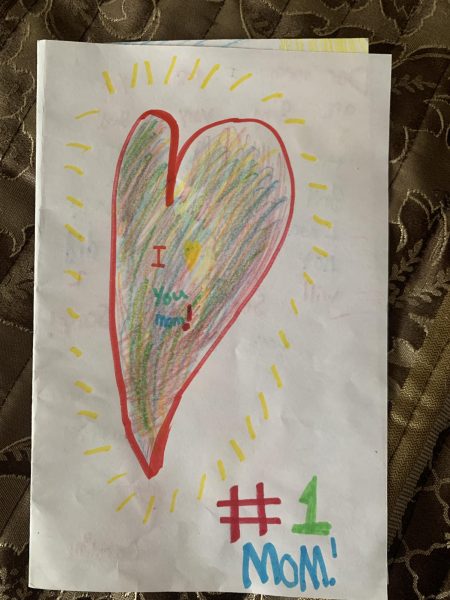Pranksters reflect on April Fools’ Day origin
Photo by uploader from Pinterest Buzzfeed.
Making a faux milk spill out of craft glue is a classic prank to pull on someone on April 1, a special holiday is celebrated worldwide by those who like to prank others: April Fools Day.
March 29, 2021
As March comes to a close, there’s a mischievous and amusing holiday coming up that will give rise to the funniest of schemes to pull on friends and family—or even complete strangers.
On April 1, otherwise known as April Fools’ Day, pranksters like to pull stunts and jokes to gain good laughs and show off their creativity.
“I randomly pull pranks, and I don’t mind being pranked back,” history and social studies teacher Joseph Clement said. “I think it’s a way to show respect and admiration for one another.”
According to History.com, there’s more to April Fools’ Day than most expect. Some historians speculate the creation of April Fools’ Day dates back to 1582, when France switched from the Julian calendar to the Gregorian calendar, moving New Year’s Day from April 1 to Jan. 1. People who were slow to get the news or failed to recognize the correct start of the new year became the butt of jokes, which were called “April fools.”
“The history behind April Fools’ is interesting,” senior Sammy Sudama said. “I just viewed it like an odd holiday that was placed just because. But now knowing what it’s actually about makes a lot of sense behind its creation.”
However, in contrast to the French origin of the holiday, Reader’s Digest suggests that the origin of April Fools’ day comes from the ancient Roman holiday Hilaria, a spring festival also known as the vernal equinox. Festivities would occur during this time including games, processions and masquerades, during which disguised commoners would imitate nobility to devious ends or try to fool others.
“I think why April Fools’ has so much popularity and became celebratory is because people enjoyed the childish element of the holiday,” Sudama said. “So the significance would probably have to do with how it let other people have a day to let loose and not be judged for their youthful acts.”
Each country differs in how it celebrates April Fools’ Day. According to Britannica, in France, the fooled are called poisson d’avril (“April fish”) since French children would pin a paper fish to the backs of unsuspecting friends. In Scotland, the holiday is known as Gowkie Day, during which people would pin signs reading “kick me” onto their friends’ backs, who would be considered “gowk,” or the fooled.
In every variation of the holiday, there is always someone who plays the fool. Some pranksters have a certain criteria on how they prank others.
“I think pranks in general are a great thing, but they have to meet three criteria: they have to be creative, original and not destructive,” Clement said. “If you’re hurting property or being mean or embarrassing people, that’s too far. If you can do something creative, though, that’s a great feeling and it can bring people together.”
Find a list of fun prank ideas here.













